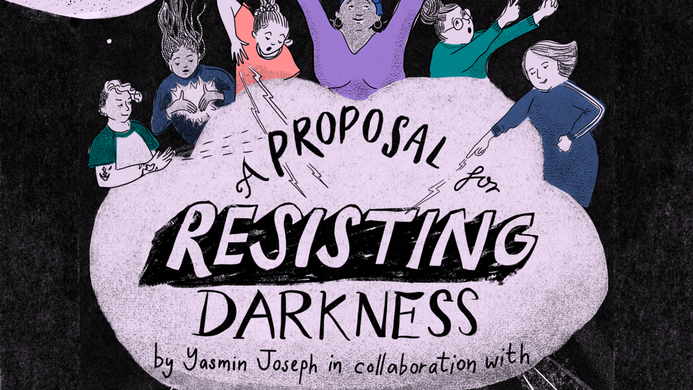
An Investigation by Development and Communications Volunteer, Dulcie Fraser
First published 2018
Women from South Wales who are incarcerated are currently taken to HMP Eastwood Park in Gloucestershire. This is a massive 4 hours from Swansea by public transport. Women in north Wales are taken to HMP Styal in Cheshire which is around 3 hours from Mold on public transport.
This distance from home is a disaster for Welsh women. These distances are considerably higher than those faced by women in England. Only half of the women who had lived with, or were in contact with, their children prior to imprisonment had received a visit since going to prison (Women In Prison, 2018). “Imprisonment in Wales – A Factfile” from Cardiff University (2018) states that the average distance from home for a Welsh female was 101miles, compared to 53 miles for Welsh adult males (Jones, 2018).
The distance is drastic compared to men and English women, what impact does this have? Three-quarters of women prisoners are mothers, and two-thirds of them have children under eighteen (Maruna and Liebling, 2005). So a lot of women in prison have families that have to face this long distance. These long distances can be both inconvenient, and expensive to travel.
A Home Office study showed that for 85% of mothers, prison was the first time they had been separated from their children for any significant length of time (Women in Prison, 2018). It was reported that for mothers, separation from their children is the most painful aspect of incarceration (Maruna and Liebling, 2005). This separation of women from children is often the issue most likely to affect the mental health or well-being of female prisoners. Women in prison told Baroness Corston (2007) that separation from children was emotional “torture” (Jones, 2018). The experience of being separated from your children can be excruciating, and so this distance from home is evidently an extremely important issue for women in prisons.
Children separated from their parents can react with feelings of rejection, loss of identity, anger and guilt. Separation was found to make the child highly vulnerable to both emotional and cognitive difficulties (Johnston and Gabel, 1995). The lack of a women’s prison in Wales has a massive impact on the children of incarcerated women, both at the time of imprisonment and in the future.
Not only does separation cause pain and anguish for the families and women, but there is also evidence to suggest that separation from children and families has effects on rates of re-criminalisation. Family relationships for people in prison have a significant influence on relapse prevention (Waul, 2003). It has been found that programs that include family members in people’s treatment during incarceration can produce positive results for people in prison, families, institutions and communities (Jeffries, Menghraj, and Hairston 2001; Wright and Wright 1992). These types of programs are impossible to maintain when the distances involved are prohibitively expensive and time consuming to traverse.
Emotional strain and poor mental health for women, loss of communication, difficulties for children as well as higher rates of re-criminalisation; how can separation due to long distances be answered for? Welsh women and families need alternatives to imprisonment, which facilitate healing and recovery in the community, not behind bars.
By Development and Communications Volunteer, Dulcie Fraser
Works Cited
Johnston, G. a., 1995. Children of Incarcerated Parents. s.l.:Lexington Books.
Jones, R., 2018. The University of Cardiff. [Online]
Available at: https://www.cardiff.ac.uk/__data/assets/pdf_file/0008/1195577/Imprisonment-in-Wales-A-Factfile.pdf
[Accessed September 2018].
Maruna, L., 2005. The Effects of Imprisonment. s.l.:Routledge.
Prison, W. i., 2018. Women In Prison. [Online]
Available at: http://www.womeninprison.org.uk
[Accessed September 2018].
Waul, T. a., 2003. Prisoners Once Removed: The Impact of Incarceration and Reentry on Children, Families and Communities. Washington: The Urban Institue Press.
Jeffries, Menghraj, and Hairston 2001; Wright and Wright 1992 found in Waul, T. a., 2003. Prisoners Once Removed: The Impact of Incarceration and Reentry on Children, Families and Communities. Washington: The Urban Institue Press.

